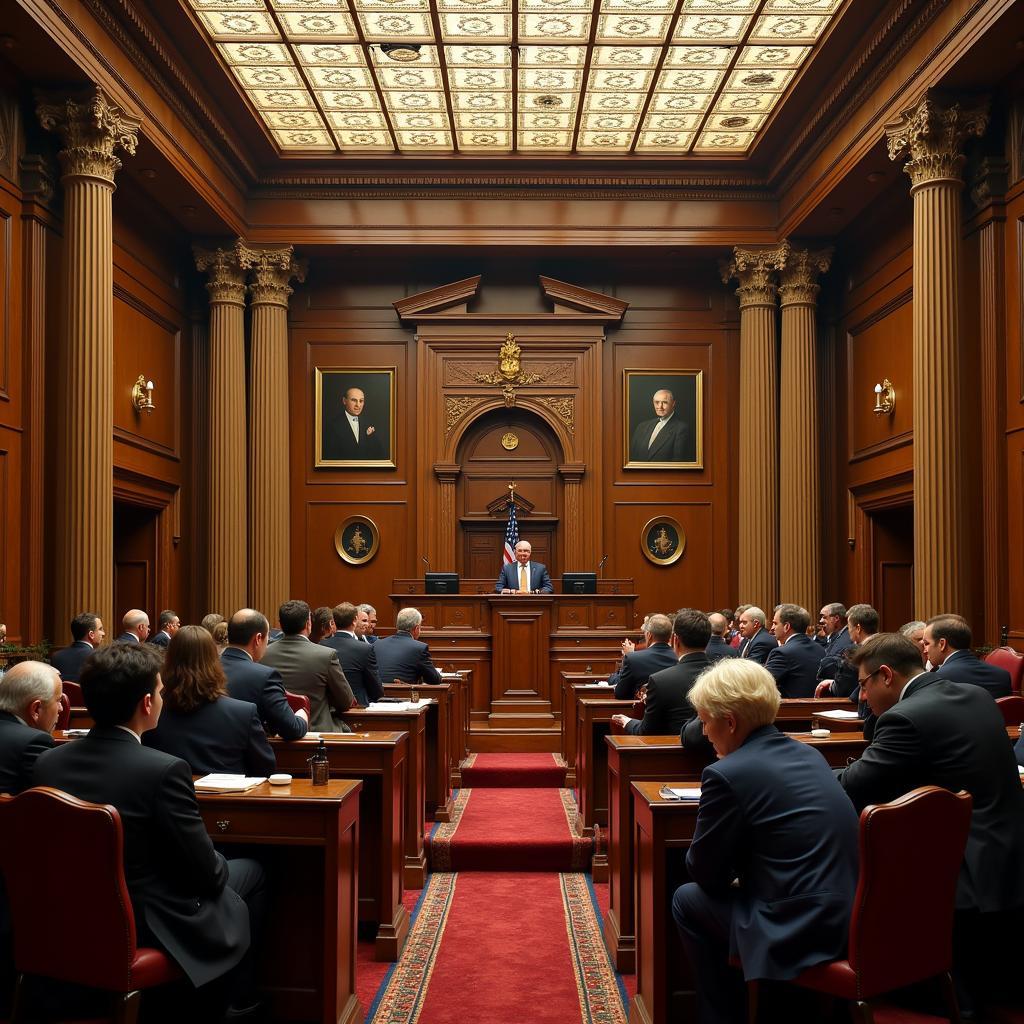Enlightenment Thinkers Encouraged The Improvement Of Society Through The application of reason, individual liberty, and scientific inquiry. This era, spanning the 17th and 18th centuries, dramatically shifted European intellectual and social landscapes, challenging traditional authority and paving the way for modern democracies. Their emphasis on reason and individual rights profoundly impacted political thought, leading to revolutions and the establishment of more just and equitable societies.
How Enlightenment Thinkers Advocated for Societal Improvement
The Enlightenment, also known as the Age of Reason, was a period of intellectual ferment that emphasized reason and individualism over tradition. Thinkers like John Locke, Jean-Jacques Rousseau, and Immanuel Kant argued that society could be improved through the application of reason and the pursuit of knowledge. They challenged the divine right of kings and the authority of the Church, advocating for individual liberties, natural rights, and the separation of powers. These ideas were revolutionary and laid the groundwork for modern democratic societies.
The Role of Reason and Education
Enlightenment thinkers believed that reason was the key to unlocking human potential and improving society. They argued that through education and rational discourse, individuals could overcome ignorance and superstition, leading to a more enlightened and just society. This emphasis on reason and education had a profound impact on the development of public education systems and the rise of scientific inquiry.
The Importance of Individual Liberty and Natural Rights
Central to the Enlightenment philosophy was the concept of natural rights. John Locke, a prominent Enlightenment thinker, argued that individuals possess inherent rights to life, liberty, and property. These rights, he believed, were not granted by the government but were inherent to human nature. This idea challenged the prevailing notion of absolute monarchy and laid the groundwork for democratic revolutions in America and France.
The Impact of Scientific Inquiry on Societal Progress
The Enlightenment coincided with the Scientific Revolution, a period of rapid scientific advancements that transformed our understanding of the natural world. Enlightenment thinkers embraced the scientific method and believed that its application could lead to societal progress. They encouraged observation, experimentation, and the pursuit of empirical evidence. This emphasis on scientific inquiry led to breakthroughs in medicine, technology, and other fields, contributing to significant improvements in the quality of life.
“The pursuit of knowledge and the application of reason are essential for the betterment of society,” remarked Professor Amelia Dubois, a leading historian specializing in 18th-century intellectual history at the Sorbonne University.
The Separation of Powers and the Rule of Law
Enlightenment thinkers advocated for the separation of powers, arguing that concentrating power in the hands of a single individual or entity was a recipe for tyranny. Montesquieu, a French philosopher, proposed a system of government with separate legislative, executive, and judicial branches, each with its own distinct powers and responsibilities. This idea, designed to prevent any one branch from becoming too powerful, became a cornerstone of modern democratic systems.
The Legacy of Enlightenment Thinkers
The Enlightenment had a profound and lasting impact on the development of Western civilization. Its emphasis on reason, individual liberty, and the pursuit of knowledge shaped political thought, leading to revolutions and the establishment of more just and equitable societies. The ideas of the Enlightenment continue to resonate today, influencing our understanding of human rights, democracy, and the importance of critical thinking.
 A modern parliamentary session, showcasing the legacy of Enlightenment ideals in contemporary democratic systems.
A modern parliamentary session, showcasing the legacy of Enlightenment ideals in contemporary democratic systems.
“The Enlightenment’s legacy is not merely historical; it remains a vital force in shaping our world today,” stated Dr. David Chen, a renowned philosopher and author of “The Enlightenment and its Relevance in the 21st Century.” “Its emphasis on reason and individual rights continues to inspire movements for social justice and equality around the globe.”
Conclusion
Enlightenment thinkers encouraged the improvement of society through the promotion of reason, individual liberty, and scientific inquiry. Their ideas challenged traditional authority and paved the way for modern democracies. The legacy of the Enlightenment continues to shape our world today, reminding us of the importance of critical thinking, the pursuit of knowledge, and the fight for a more just and equitable society.
FAQ
- Who were some of the key Enlightenment thinkers?
- What were the main ideas of the Enlightenment?
- How did the Enlightenment influence the American and French Revolutions?
- What is the legacy of the Enlightenment today?
- How did Enlightenment thinkers view religion?
- What were some of the criticisms of the Enlightenment?
- How did the Enlightenment contribute to the development of modern science?
Need support? Contact us 24/7: Phone: 02043854663, Email: [email protected], or visit us at Khu 34, Bac Giang, 260000, Vietnam.